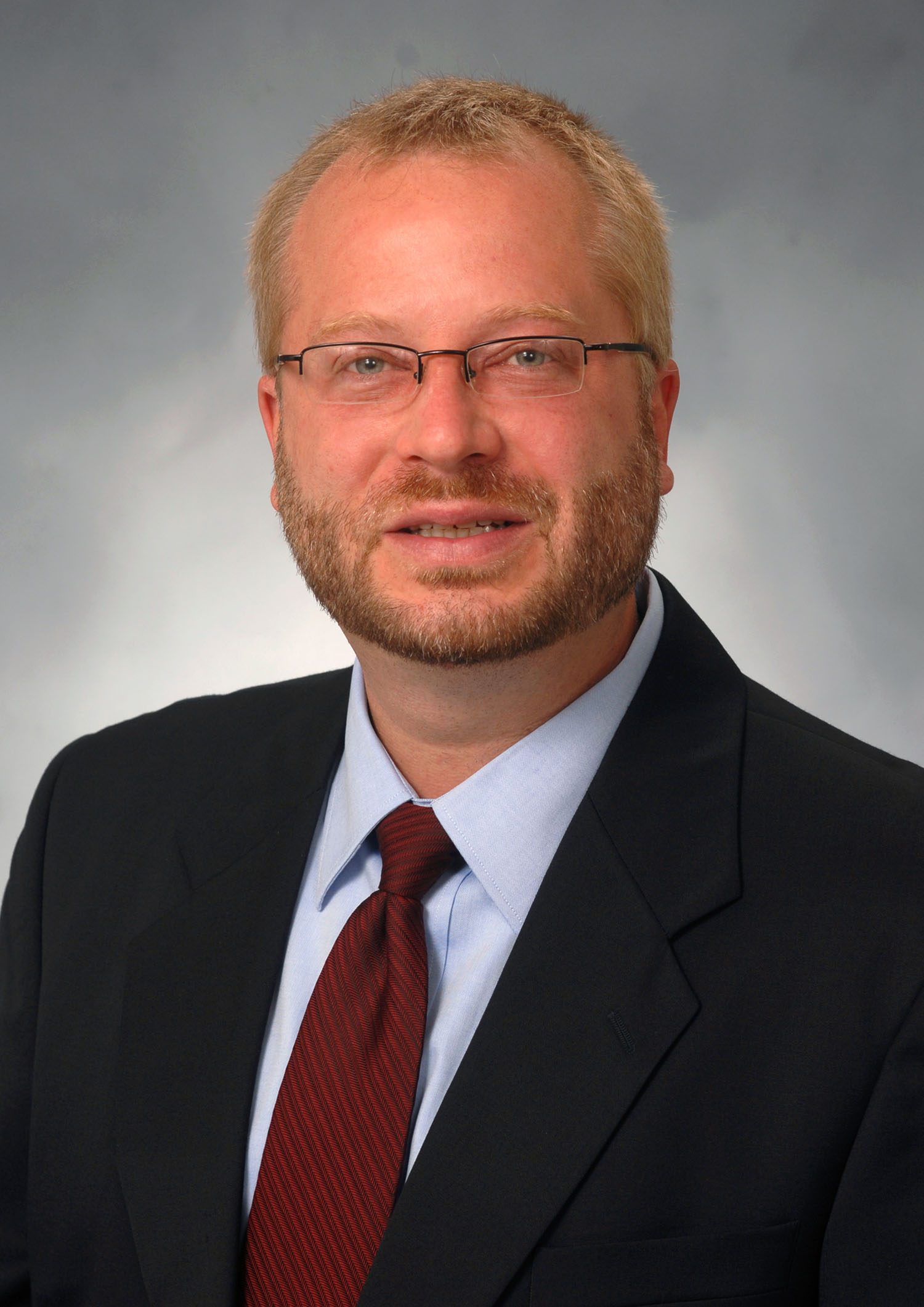Fred Hirsch, MD, PhD, an internationally recognized authority on lung cancer treatment and research, has joined the Mount Sinai Health System as the Executive Director of the Center for Thoracic Oncology at The Tisch Cancer Institute. In this role, Dr. Hirsch aims to lead groundbreaking research and enhance patient care in thoracic oncology. Additionally, he was named the Richard Stein, Joe Lowe, and Louis Price Professor of Medicine at the Icahn School of Medicine at Mount Sinai.
Dr. Hirsch is renowned for his work in advancing targeted therapies and immunotherapies for advanced non-small-cell lung cancer (NSCLC). His research focuses on tyrosine kinase inhibitors that target oncogenic driver mutations, evolving over multiple generations to improve effectiveness and combat drug resistance. These advancements have significantly transformed the landscape of lung cancer treatment, offering hope to countless patients worldwide.
What Is Gerson Therapy?
Gerson therapy is a controversial alternative treatment regimen often claimed to cure cancer through dietary changes and detoxification methods. This holistic approach includes a strict plant-based diet, organic foods, nutritional supplements, and daily coffee enemas. Proponents argue that it starves cancer cells by altering the body's internal environment. However, there is no scientific evidence supporting its efficacy, and oncologists strongly discourage its use as a replacement for conventional treatments such as chemotherapy or surgery.
The regimen requires significant lifestyle adjustments, making adherence challenging for many patients. Furthermore, potential side effects can be severe, including electrolyte imbalances, dehydration, and infections caused by improper enema practices. Despite these risks, some individuals continue to pursue Gerson therapy due to its appeal as a natural solution. It’s essential for patients to consult their healthcare providers before attempting any unproven treatments.
Apple Cider Vinegar and The Hirsch Institute
In Netflix's drama series Apple Cider Vinegar, protagonist Milla Blake undergoes treatment at Mexico's fictional Hirsch Institute. The institute serves as a representation of real-life alternative medicine centers promoting regimens like Gerson therapy. While the Hirsch Institute itself is not based on a specific location, its portrayal reflects broader debates surrounding pseudoscientific approaches to cancer care.
Milla follows a holistic plan inspired by Max Gerson's theories, which emphasize a plant-based diet and regular enemas. Although intriguing from a narrative perspective, such treatments lack credible backing from reputable medical institutions. Experts warn against abandoning proven therapies in favor of unverified alternatives, underscoring the importance of evidence-based medicine.
Unpacking the Science Behind Alternative Treatments
While the allure of natural remedies may seem appealing, especially when facing a life-threatening illness like cancer, skepticism remains warranted. Organizations like the National Cancer Institute (NCI) stress the necessity of rigorous testing and validation before adopting new treatments. Unfortunately, studies evaluating Gerson therapy remain limited, with inconclusive results reported in existing literature.
For those curious about integrating complementary therapies into their care plans, collaboration with qualified practitioners is crucial. Combining traditional medicine with safe, supportive practices—such as mindfulness, yoga, or acupuncture—can enhance overall well-being without jeopardizing primary treatment goals. Always prioritize discussions with your oncologist to ensure all interventions align with your unique health needs.
About Fred R. Hirsch
Beyond his contributions to clinical practice, Dr. Fred R. Hirsch plays a pivotal role in shaping global cancer research initiatives. As associate director for international programs at the CU Cancer Center and professor of medical oncology at the University of Colorado School of Medicine, he spearheads efforts to address disparities in cancer care access. Recently, Dr. Hirsch secured a multi-year, multimillion-dollar grant from the NCI to develop innovative strategies targeting squamous cell lung cancer.
His leadership extends beyond academia, fostering collaborations between institutions worldwide. By leveraging cutting-edge technologies and fostering interdisciplinary partnerships, Dr. Hirsch continues to push boundaries in the fight against cancer. His dedication exemplifies the commitment required to tackle one of humanity's most formidable challenges.
Conclusion
As advances in oncology unfold, staying informed about both established and emerging treatments becomes increasingly vital. While innovations hold promise, caution must prevail when exploring unconventional options. Remember that science-driven solutions remain the cornerstone of effective cancer management. For anyone navigating this complex terrain, consulting trusted professionals ensures optimal outcomes while minimizing unnecessary risks.
Ultimately, embracing a balanced perspective allows us to honor the pursuit of knowledge while safeguarding patient welfare. Together, we strive toward a future where every individual receives personalized, compassionate care tailored to their circumstances—the world deserves nothing less.

